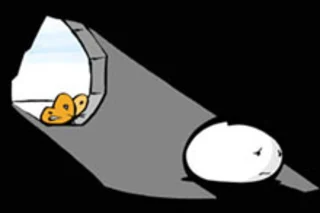Just in case any of the millions of Prozac-takers were feeling lonely after recent revelations that the drug doesn't really work, now they have still more partners for commiseration: anxiety drugs also don't do jack for about half of the people who take them. Even worse, physicians have no way of knowing whether a patient will be in one of the non-responsive 50 percent when they prescribe the drug. The good news is that researchers are busy studying the "connection between brain activity, genetics and medication" to give doctors and patients more certainty that the drugs they prescribe/take will actually bring some benefit. Dr. K. Luan Phan and his research team performed a brain imaging study on non-dependent marijuana smokers, testing their reactions to pictures of faces (and thus, their levels of social communication) after ingesting delta-9-tetrahydrocannabinol (THC), the active ingredient in marijuana. By isolating the part of the brain ...
Feeling Anxious? It Could Be That Those Anti-Anxiety Pills Don’t Work.
Explore the connection between brain activity and medication in anxiety treatment and how Zoloft impacts social anxiety disorder.
More on Discover
Stay Curious
SubscribeTo The Magazine
Save up to 40% off the cover price when you subscribe to Discover magazine.
Subscribe













